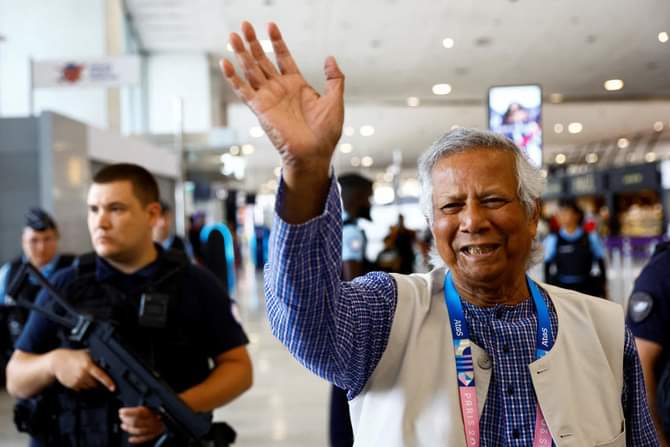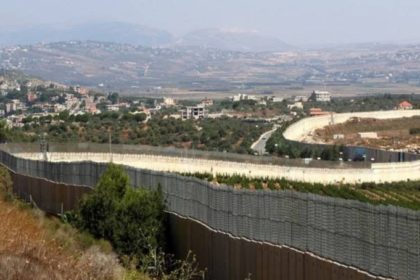By Adeyemi Adekunle
Bangladesh Nobel laureate Muhammad Yunus has returned to the country on Thursday to assume leadership as the head of an interim government. The 84-year-old economist and social entrepreneur, revered globally for his pioneering work in microfinance, arrived at Dhaka’s Hazrat Shahjalal International Airport amidst high anticipation and a sense of renewed hope among citizens.
Yunus’s return marks a critical turning point following the resignation and departure of former Prime Minister Sheikh Hasina, whose leadership has been the subject of increasing scrutiny and political unrest. The transition comes after months of escalating tension in the nation, where calls for reform and demands for change had grown louder, culminating in Hasina’s resignation.
Upon landing at 3:45 PM local time on a flight from Paris, Yunus was greeted by General Waker-Uz-Zaman, the country’s military chief, and other top-ranking military officers. The scene was marked by a display of solidarity and optimism, as Yunus received a bouquet of flowers from his supporters who had gathered in anticipation of his arrival.
Shortly after his arrival, Yunus was swiftly sworn in as the head of the interim government by President Mohammed Shahabuddin. In his new role, he will serve as the Chief Adviser, a position akin to that of the Prime Minister, effectively placing him at the helm of Bangladesh’s political future during this transitional period.
“Today is a glorious day for us,” Yunus proclaimed during a news conference held at the airport shortly after the oath-taking ceremony. His voice carried the weight of decades of advocacy for social justice and economic empowerment. “Bangladesh has created a new victory day. Bangladesh has got a second independence,” he added, drawing a powerful parallel between the current political shift and the nation’s historic fight for independence in 1971.
Yunus’s appointment, orchestrated by the military, has been hailed by many as a potential path toward stabilization in a country that has seen a tumultuous political landscape in recent years. His reputation as a proponent of poverty alleviation and his international acclaim bring a sense of credibility and hope to his new role. However, this move also raises questions about the role of the military in the political sphere, a dynamic that has historically been fraught with tension in Bangladesh.
As Yunus steps into his new role, the challenges ahead are immense. The interim government under his leadership is expected to steer the country through this delicate period, paving the way for fair and transparent elections while addressing the pressing economic and social issues that have plagued the nation. The coming days will be critical in determining whether Yunus, known for his grassroots approach to social change, can navigate the complex and often contentious waters of Bangladeshi politics.
For now, the streets of Dhaka are filled with cautious optimism. The return of a respected figure like Muhammad Yunus has rekindled hope for many, signaling a possible new beginning for a country in search of stability and progress. As Bangladesh stands on the cusp of this new chapter, the world watches closely, eager to see how this Nobel laureate will shape the nation’s future.




